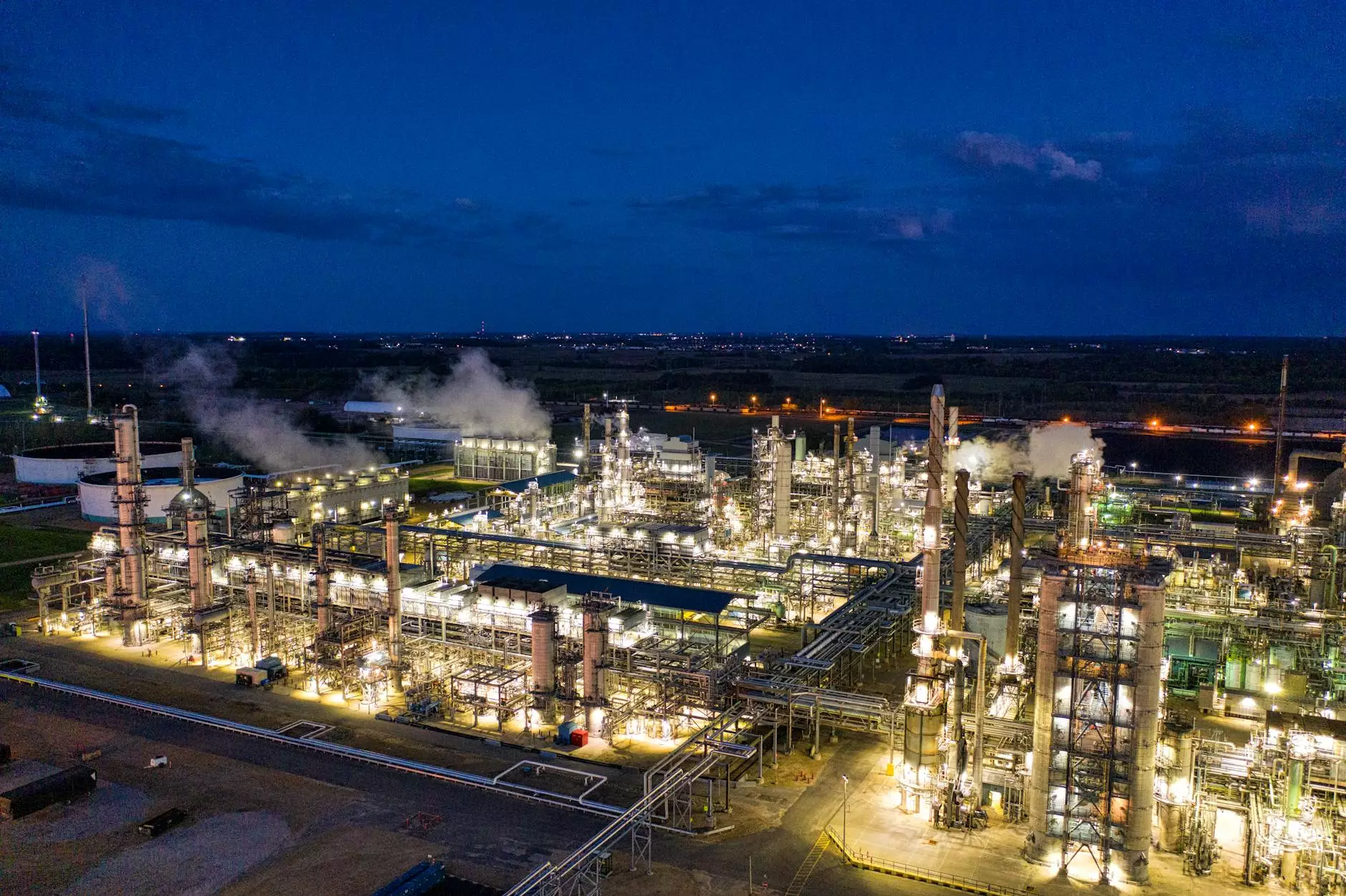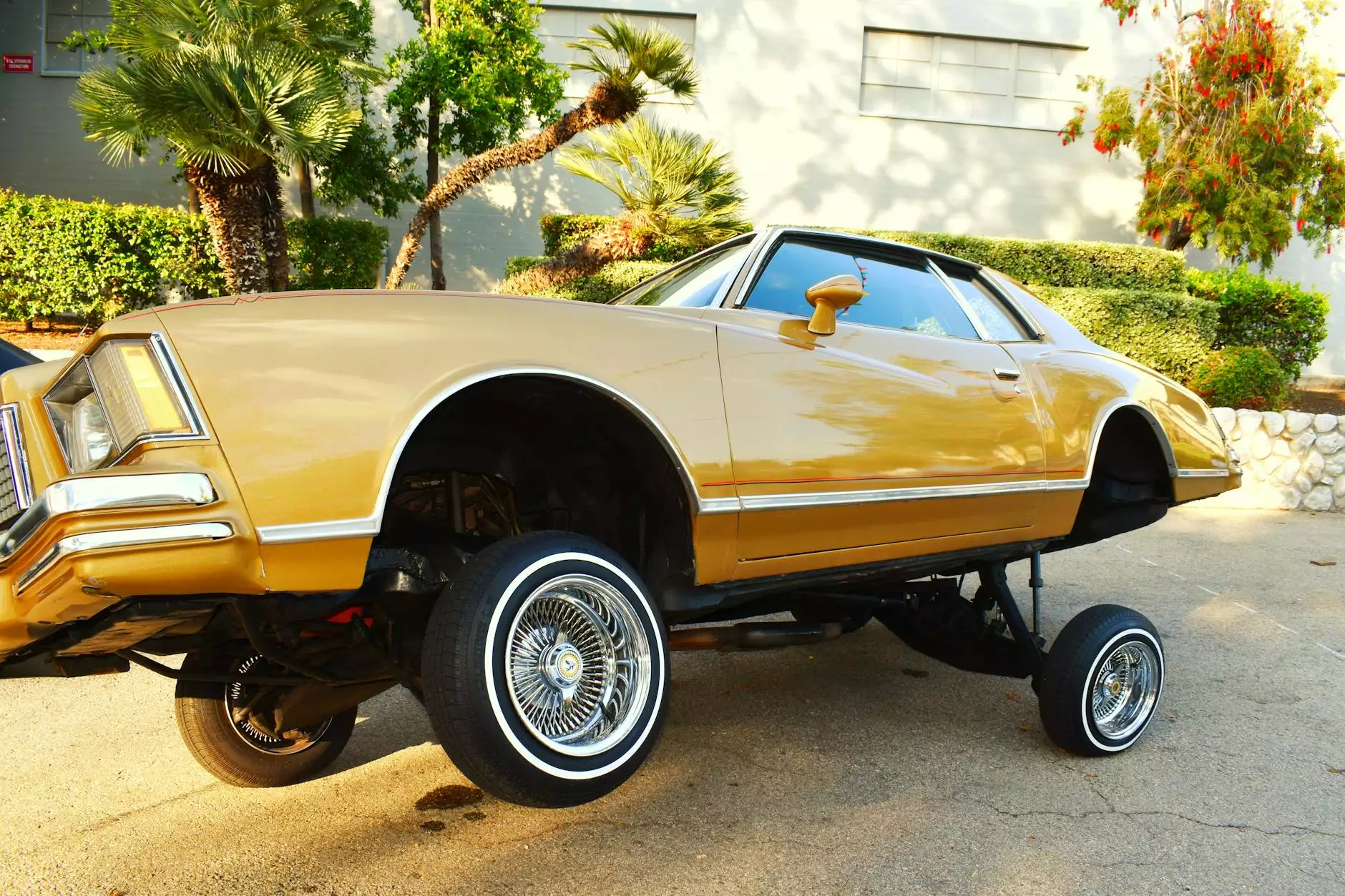Understanding Parts Fuel Pump: Essential Information for Diesel Engine Excellence

The fuel pump is a crucial component in any diesel engine, responsible for delivering fuel from the tank to the engine at the correct pressure. In this complete guide, we’ll delve into the nuances of parts fuel pump, detailing its function, types, maintenance, and selection process. Whether you are a vehicle owner, mechanic, or industry professional, understanding these components will empower you to make informed decisions that enhance the performance of diesel engines.
What is a Fuel Pump?
A fuel pump is an integral part of a diesel engine’s fuel system. It plays a vital role in maintaining the engine’s efficiency and overall performance by ensuring the right amount of fuel is delivered to the injectors. The pump operates under several conditions and must be durable and reliable to handle the demands of modern diesel engines.
Types of Fuel Pumps
Fuel pumps come in two main types: mechanical pumps and electrical pumps. Understanding these types is essential to know which parts fuel pump best fit your diesel engine needs.
1. Mechanical Fuel Pumps
- Operation: Mechanical pumps are typically driven by the engine’s crankshaft. They are commonly found in older diesel engines.
- Efficiency: While less efficient than electric pumps, mechanical pumps are known for their simplicity and reliability.
- Maintenance: These pumps require regular maintenance checks to ensure longevity.
2. Electric Fuel Pumps
- Operation: Electric pumps are powered by the vehicle's battery and are often used in modern diesel engines.
- Efficiency: These pumps are generally more efficient and can deliver higher fuel pressures than mechanical pumps.
- Installation: Electric pumps can be more complex to install but offer better performance in terms of fuel delivery.
The Importance of Fuel Pumps in Diesel Engines
The fuel pump is essential for several reasons:
- Fuel Delivery: It ensures that the engine receives the correct amount of fuel needed to function efficiently.
- Pressure Maintenance: The pump maintains the necessary fuel pressure for optimal injection performance.
- Engine Longevity: A reliable fuel pump contributes to the overall longevity of the diesel engine by preventing common issues related to fuel delivery.
Common Issues with Fuel Pumps
Like any other mechanical part, parts fuel pump can encounter several issues over time. Here are some common problems to look out for:
- Failure to Prime: This can occur if there is a blockage in the fuel lines or a faulty pump.
- Inconsistent Pressure: Irregular fuel pressure can lead to poor engine performance.
- Noise Issues: Unusual sounds coming from the fuel system can indicate pump problems.
Maintenance Tips for Your Fuel Pump
Maintaining your fuel pump is vital for ensuring your diesel engine runs smoothly. Here are some practical maintenance tips:
- Regular Inspections: Check the fuel pump regularly for any signs of wear or damage.
- Change Fuel Filters: This prevents contaminants from clogging the fuel pump and causing premature failure.
- Monitor Fuel Levels: Keeping the tank adequately filled helps prevent the fuel pump from overheating.
Choosing the Right Parts Fuel Pump
Selecting the right parts fuel pump is crucial for the efficiency and performance of your diesel engine. Here are several factors to consider:
1. Compatibility with Your Vehicle
Always ensure that the pump you choose is compatible with your vehicle's make and model. Consult your vehicle's manual or a professional mechanic if you're unsure.
2. Quality of the Parts
Opt for high-quality parts from reputable suppliers like client-diesel.com, which specializes in diesel engine components and spare parts.
3. Warranty and Support
Choose parts that come with a warranty, indicating the manufacturer’s confidence in their product’s reliability. Additionally, ensure that you have access to customer support should you encounter issues.
How to Install a Parts Fuel Pump
Installing a fuel pump can be complex and should ideally be performed by a professional. However, if you’re inclined to tackle it yourself, follow these general steps cautiously:
- Gather Your Tools: You will need basic hand tools, safety gear, and the correct replacement part.
- Disconnect the Battery: Always disconnect the battery before starting work on your vehicle.
- Remove the Old Pump: Depending on your vehicle, you may need to access the fuel tank or engine compartment.
- Install the New Pump: Follow the manufacturer’s instructions for installation.
- Reconnect Everything: Once installed, reconnect the battery and any other components you removed.
- Test the System: Turn on the ignition to ensure everything is functioning correctly before driving.
Conclusion
Understanding parts fuel pump is essential for anyone involved in the maintenance, repair, or operation of diesel engines. The pump's role in delivering fuel efficiently directly impacts engine performance and longevity. By choosing the right parts, conducting regular maintenance, and staying informed about the different types of pumps, you can ensure your diesel engine operates at its best.
For top-quality diesel engine parts and expert advice, visit client-diesel.com. Whether you need fuel pumps, filters, or any other diesel engine components, we are dedicated to providing the best products for your needs.






